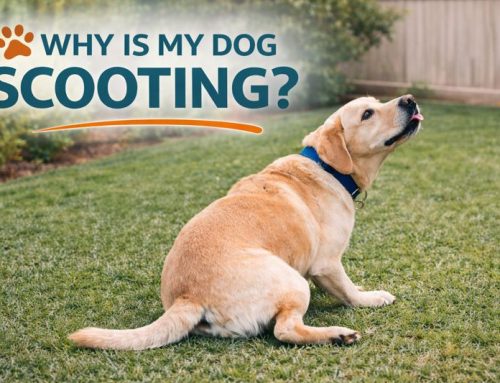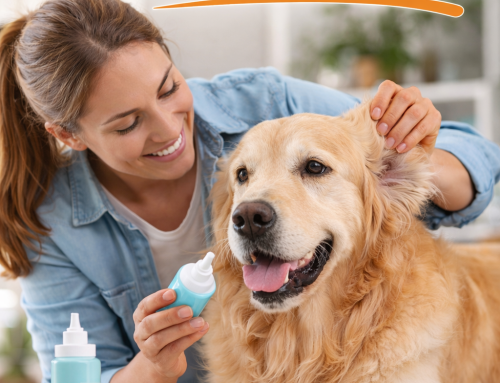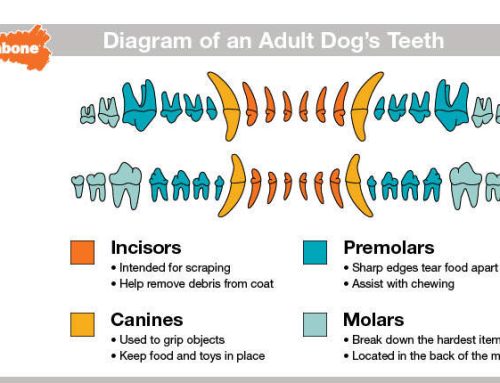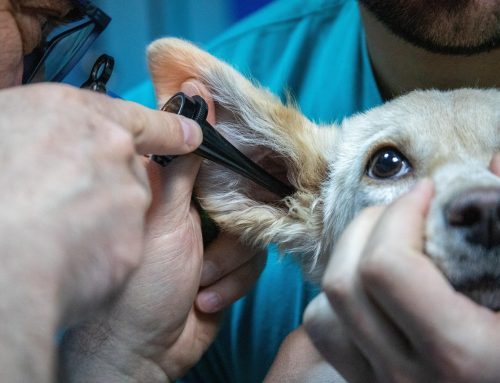
Yes, dogs can get colds just like people do. If you’ve ever wondered, do dogs get colds, the answer is yes—but their symptoms might look a little different from ours. When a dog has a cold, it might sneeze, have a runny nose, cough, or seem more tired than usual. Most dog colds are mild and go away on their own, but it’s still important to keep an eye on your pet. If your dog has trouble breathing, stops eating, or seems very sick, you should take it to the vet.
Types of Colds Dogs Can Get
When asking do dogs get colds, it’s also important to know that there are different types of colds they can catch. Dogs can get viruses similar to the common cold in humans, like canine parainfluenza or canine adenovirus. These viruses can cause symptoms such as coughing, sneezing, and a runny nose. Some colds are mild and go away with rest, while others, like kennel cough, can be more serious and need treatment. Knowing the types of colds dogs can get can help pet owners keep their dogs healthy and know when to visit the vet.
Concerning Symptoms Dogs Can Get From a Cold
Most dog colds are mild, but sometimes the symptoms can become more serious. If your dog has a cold and starts to have trouble breathing, it could be a sign of a more dangerous illness. Other concerning symptoms include a high fever, loss of appetite, or coughing that won’t stop. If your dog seems very tired all the time or has thick green or yellow mucus, it may need medical attention. These signs can mean the cold has turned into something more serious, like pneumonia, so it’s important to contact a vet if you notice them.
Is There Medicine Dogs Can Take for a Cold?
If you’re wondering, is there medicine dogs can take for a cold, the answer is yes—but only medicine that is safe for dogs. Some vets may recommend medications to help with symptoms like coughing or nasal congestion. An important thing to remember is that you should never give your dog human cold medicine, as it can be harmful or even deadly. Always talk to a vet before giving your dog any kind of medicine. In many cases, rest, water, and a warm place to sleep are the best treatments for a mild cold.
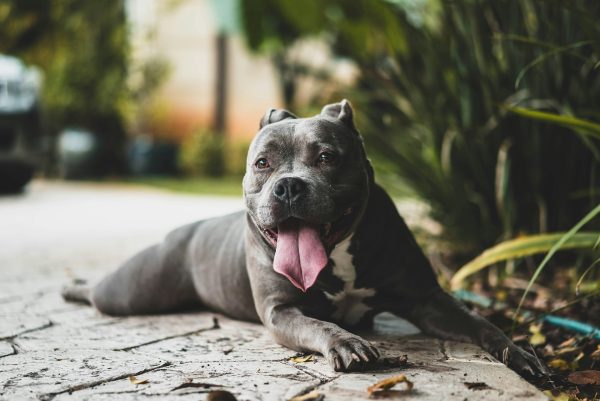
Medicine Dogs Can Take for a Cold
When a dog has a cold, there are some medicines that can help, but they must be made for dogs. A veterinarian may suggest cough suppressants, decongestants, or antibiotics if there is a bacterial infection. These medicines can help ease symptoms like coughing, sneezing, and a runny nose. It’s very important to never give your dog human cold medicine, as it can be harmful or even deadly. Always talk to your vet before giving your dog any medication, and follow their instructions carefully to help your pet feel better.
How Do You Know If a Dog Has a Cold?
If you’ve ever wondered, do dogs get colds, the answer is yes, and there are signs to look for. A dog with a cold may have a runny nose, watery eyes, sneezing, or a mild cough. You might also notice your dog is more tired than usual or not as interested in playing or eating. These symptoms are similar to what humans experience when they have a cold. If the symptoms are mild, your dog will likely get better with rest, but if they get worse or last more than a few days, it’s best to visit the vet.
Dog Cold vs. Kennel Cough
A regular dog cold and kennel cough can seem similar, but they are not the same. A dog cold usually causes mild symptoms like sneezing, a runny nose, and watery eyes. Kennel cough is a more serious illness that causes a dry, hacking cough and can be very contagious. While both can make your dog feel sick, kennel cough often spreads in places where dogs are close together, like kennels or dog parks. If your dog has a loud cough or trouble breathing, it’s important to take them to the vet to check if it’s more than just a cold.
Can Dogs Catch Colds From Humans?
Many people ask, do dogs get colds, and if so, can they catch them from humans? The good news is that it’s very rare for dogs to catch a cold from a person. Most human colds are caused by viruses that do not affect dogs. Be sure to remember that dogs have their own versions of cold viruses that can spread between dogs. While it’s unlikely your dog will get sick from you, it’s still a good idea to practice good hygiene, like washing your hands and avoiding close contact when you’re sick.
Can Humans Catch Colds From Dogs?
Many people wonder if they can catch a cold from their dog. The answer is no—humans cannot catch a cold from dogs. The viruses that cause colds in dogs are different from the ones that make people sick. While dogs do get colds, their illnesses usually don’t spread to humans. Keep in mind that it’s still smart to wash your hands after handling a sick dog and keep things clean to avoid spreading other types of germs. Taking these steps helps keep both you and your pet healthy.
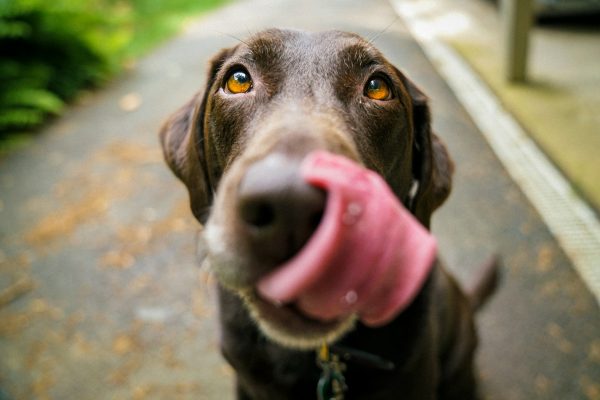
The Duration of a Dog Cold
A dog cold typically lasts anywhere from 7 to 10 days, depending on the severity of the symptoms. Like humans, dogs may experience sneezing, a runny nose, or mild coughing during this time. Most dogs with a cold will start to feel better within a week, especially if they are given plenty of rest and hydration. Keep in mind that if symptoms last longer or worsen, it could be a sign of a more serious condition, like kennel cough or an infection. If your dog’s cold doesn’t improve after a week, or if they are showing concerning symptoms, it’s best to consult a vet.
Natural Ways to Treat a Dog Cold
If you’re wondering if dogs get colds, there are some natural ways to help your dog feel better while they recover. One of the best things you can do is make sure your dog has plenty of fresh water to stay hydrated, which helps them fight off the cold. You can also keep your dog in a warm, comfortable space to help their immune system work better. Some pet owners use steam from a hot shower or a humidifier to help relieve nasal congestion in their dog. You can also offer your dog a little bit of chicken broth to encourage eating, as their appetite may decrease during a cold. Remember that if symptoms persist or get worse, it’s important to consult a vet.
How Often Do Dogs Get Colds?
Dogs don’t catch colds as often as humans do. They might get a cold occasionally, especially if they’re around other sick dogs or in stressful environments like kennels or dog parks. Healthy dogs with strong immune systems typically don’t get colds often, and most colds are mild and go away on their own. Keep in mind that puppies, senior dogs, or those with weaker immune systems are more likely to get sick. Keeping your dog’s environment clean and reducing stress can help lower the chances of them catching a cold.
The Chance of Dogs Catching a Cold at a Dog Boarding Facility
Dogs have a higher chance of catching a cold at a dog boarding facility because they are around many other dogs in a shared space. Just like in schools or daycare centers for humans, the close quarters can lead to the spread of germs, including cold viruses. While not every dog will catch a cold, the chances increase if the facility is overcrowded or doesn’t maintain proper cleaning and sanitation practices. Stress from being away from home can also weaken a dog’s immune system, making them more vulnerable to illness. To reduce the risk, it’s important to choose a well-managed boarding facility that ensures cleanliness, requires vaccinations, and limits the number of dogs in one area.
Ways to Prevent a Dog Cold
If you’re wondering do dogs get colds, there are several ways to help prevent it. Keeping your dog’s environment clean is key, as germs can spread easily, especially in places like dog parks or boarding facilities. Make sure your dog is up-to-date on vaccinations, as some vaccines can help protect them from illnesses that cause cold-like symptoms. Avoid exposing your dog to other sick dogs, and try to limit stressful situations that can weaken their immune system. Regular exercise, a balanced diet, and keeping your dog warm and comfortable can also help boost their health and lower the chances of getting a cold.
Dog Boarding Facility Procedures to Minimize the Spread of Colds
Dog boarding facilities have several procedures in place to minimize the spread of colds and other illnesses among dogs. One key step is requiring that all dogs be up-to-date on vaccinations, which can help protect them from common viral infections. Many facilities also ensure that their spaces are regularly cleaned and disinfected to prevent germs from spreading. They may also limit the number of dogs in each area to reduce overcrowding and the chances of illness transmission. Some facilities also monitor dogs closely for signs of illness, isolating any dog showing symptoms of a cold to prevent it from affecting others. These precautions help maintain a healthier environment for all dogs staying at the facility.
Do Dog Colds Go Away on Their Own?
Yes, dog colds often go away on their own, just like in humans. Most mild colds in dogs will clear up within a few days to a week. During this time, it’s important to make sure your dog gets plenty of rest, clean water, and stays warm. Keep in mind that if your dog’s symptoms get worse or last longer than a week, you should take them to the vet. Some signs to watch for include trouble breathing, not eating, or coughing a lot, which could mean something more serious than a cold.
Dog Colds vs. Allergies
Dog colds and allergies can look very similar, but they are not the same. Both can cause sneezing, runny noses, and watery eyes, which makes them hard to tell apart. A cold is caused by a virus and usually goes away in a few days, while allergies are caused by things like pollen, dust, or certain foods and can last much longer. Allergies may also cause itchy skin, licking paws, or ear infections, which don’t usually happen with a cold. If your dog has symptoms that won’t go away or keeps coming back, it’s a good idea to visit the vet to find out what’s really going on.
How Do Dog Colds Start?
Dog colds usually start when a dog comes into contact with another sick dog. Just like humans, dogs can catch viruses that cause cold-like symptoms. This often happens at places like dog parks, kennels, or groomers where dogs are close to each other. The answer to the question “do dogs get colds” is yes—they can get mild illnesses that cause sneezing, coughing, and a runny nose. These viruses spread through the air, shared water bowls, or by sniffing something a sick dog touched.
Dog Colds vs. Canine Flu
Dog colds and canine flu may seem similar, but they are different illnesses. Both can cause coughing, sneezing, and a runny nose, but the canine flu is usually more serious. A dog cold is mild and often goes away on its own in a few days, while the flu can last longer and cause more severe symptoms like fever, tiredness, and loss of appetite. Canine flu is also more contagious and can spread quickly in places like dog parks or boarding centers. If your dog shows signs of the flu or doesn’t get better after a few days, it’s important to visit the vet for proper care.
Maintaining Your Dog’s Health and Preventing Colds
Taking care of your dog’s health helps them stay happy and avoid getting sick, including catching a cold. Regular vet visits, a healthy diet, and daily exercise keep your dog’s immune system strong. To help prevent dog colds, try to avoid places where sick dogs might be, like crowded dog parks or kennels. Keeping your dog’s living area clean and giving them proper vaccines also lowers their risk of getting sick. If your dog does catch a cold, rest, fresh water, and a warm place to sleep can help them feel better faster.

